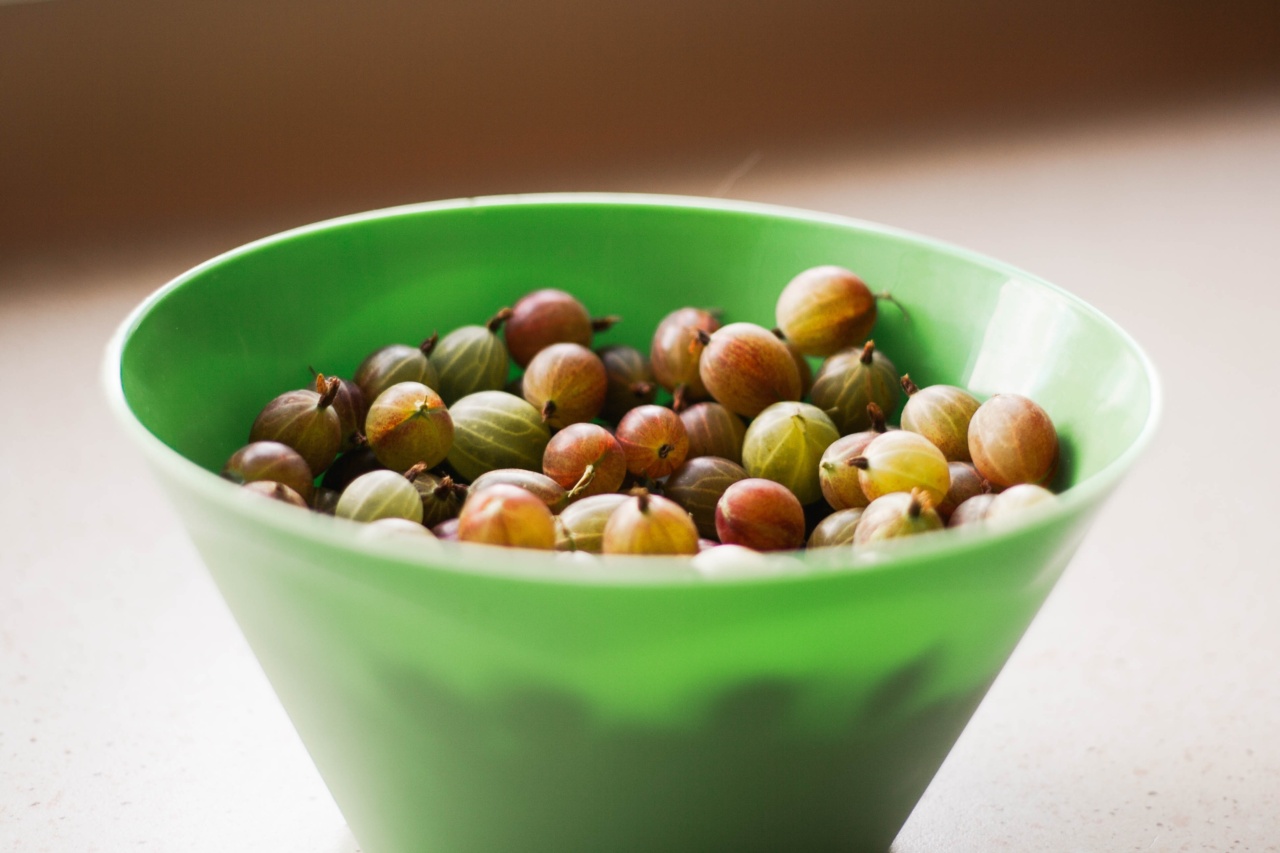Probiotics are live bacteria and yeasts that are good for your health, especially your digestive system. These beneficial microorganisms provide numerous health benefits when consumed in adequate amounts.
Incorporating probiotics into your daily diet can have a positive impact on your overall well-being and support a healthy gut. In this article, we will explore the reasons why you should consider adding probiotics to your regular dietary routine.
1. Enhanced Digestive Health
One of the primary reasons why you should incorporate probiotics into your daily diet is to promote better digestive health. Probiotics play a crucial role in maintaining a healthy balance of bacteria in your gut, which is essential for digestion.
By introducing good bacteria into your system, probiotics can help alleviate common gastrointestinal issues such as bloating, gas, and constipation.
2. Stronger Immune System
Your gut health is closely linked to the functioning of your immune system. By consuming probiotics regularly, you can strengthen your immune system and enhance your body’s ability to fight off infections.
Probiotics stimulate the production of antibodies, which are crucial for defending against harmful bacteria and viruses.
3. Improved Nutrient Absorption
Probiotics can also improve the absorption of essential nutrients from the foods you eat. Certain strains of probiotics help break down complex carbohydrates and proteins, making it easier for your body to extract the nutrients it needs.
By enhancing nutrient absorption, probiotics can ensure that you receive maximum benefits from your diet.
4. Mental Health Benefits
Research has shown a strong connection between gut health and mental well-being. The gut is often referred to as the “second brain” due to the significant influence it has on your mood and emotions.
Probiotics can help regulate the production of neurotransmitters such as serotonin, which plays a vital role in maintaining a positive mood and reducing the risk of mental health disorders like depression and anxiety.
5. Reduced Risk of Chronic Diseases
Incorporating probiotics into your daily diet may also lower the risk of certain chronic diseases.
Studies have suggested a link between a healthy gut microbiome and a decreased likelihood of conditions such as heart disease, obesity, and type 2 diabetes. The beneficial bacteria provided by probiotics have been found to reduce inflammation, improve cholesterol levels, and regulate blood sugar levels.
6. Protection During Antibiotic Treatment
Antibiotics, while effective in combating bacterial infections, can also disrupt the balance of bacteria in your gut. This can lead to various digestive issues and weaken your immune system.
By consuming probiotics during antibiotic treatment, you can help replenish the beneficial bacteria, minimizing the adverse effects on your gut health.
7. Alleviation of Allergies and Eczema
Studies have indicated that probiotics may assist in relieving allergies and eczema, especially in children.
By modulating the immune response and reducing inflammation, probiotics can help reduce the severity of allergic reactions and improve skin conditions. Incorporating probiotics into the diet of infants may even have a preventive effect on the development of these conditions.
8. Promotion of Weight Management
If you’re looking to achieve or maintain a healthy weight, probiotics might be a beneficial addition to your diet. Certain strains of probiotics have been associated with weight loss and the reduction of belly fat.
They can help control appetite, improve metabolism, and support the breakdown of dietary fats.
9. Enhanced Oral Health
Probiotics can also contribute to better oral health by reducing the proliferation of harmful bacteria in your mouth. Streptococcus mutans is a bacteria commonly associated with tooth decay.
Probiotics help inhibit the growth of this bacteria, reducing the risk of cavities and gum diseases. Additionally, probiotics can also alleviate bad breath and promote overall oral hygiene.
10. Variety of Probiotic-Rich Foods
Incorporating probiotics into your diet doesn’t have to be complicated or boring. There is a wide variety of delicious and nutritious foods that are naturally rich in probiotics.
Yogurt and cultured dairy products, such as kefir, are excellent sources of beneficial bacteria. Fermented foods like sauerkraut, kimchi, and pickles also contain high levels of probiotics. Consider incorporating these foods into your meals and snacks to reap the benefits of probiotics in a tasty way.































